Clothes hanging at the Oxfam Superstore in Oxford. Image: Andy Doherty / Oxfam
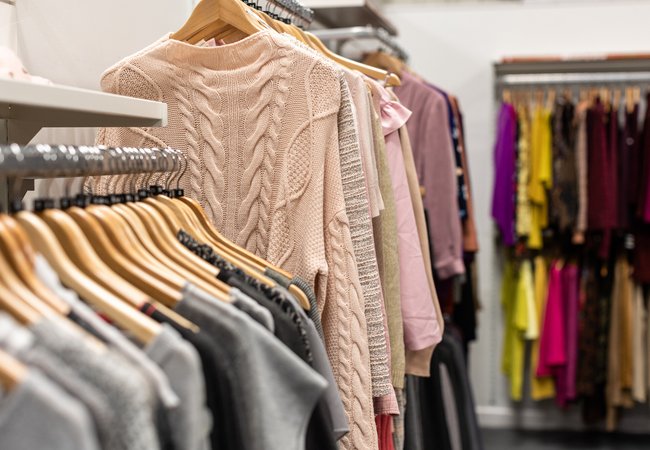
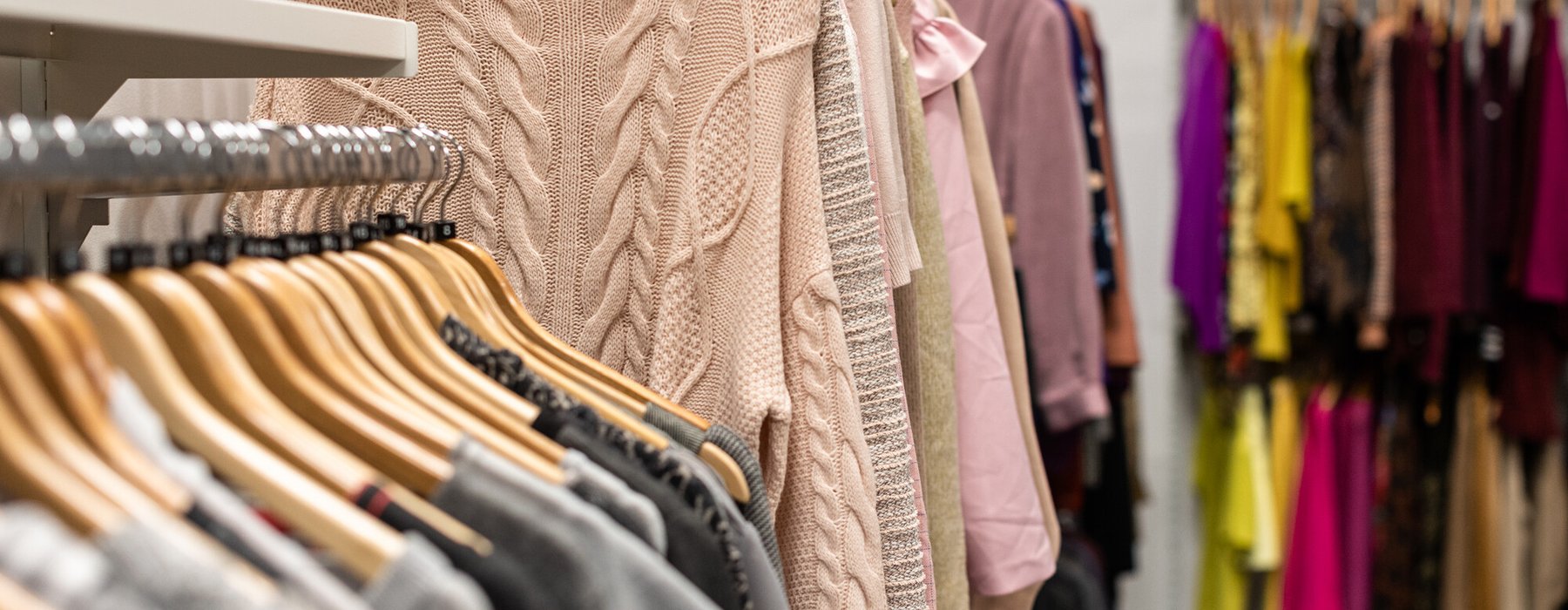
Ethical fashion: Is buying charity shop clothes ethical?
People are changing the way they buy clothes, with a greater emphasis on ethical and sustainable fashion.
What is ethical fashion?
The difference between sustainable and ethical clothing
Is buying from charity shops ethical?
The benefits of buying second hand clothes
Ethical clothing brands in the Oxfam Shop
Transform your wardrobe
Upcycling your clothes is another great way to make sure you're not part of the problem. By giving your charity shop finds or your existing wardrobe a makeover you can spruce up your clothes or even give them a new style.
Oxfam's commitment to sustainable and ethical clothing
Ethical fashion is up to us
Emma James English/ Oxfam
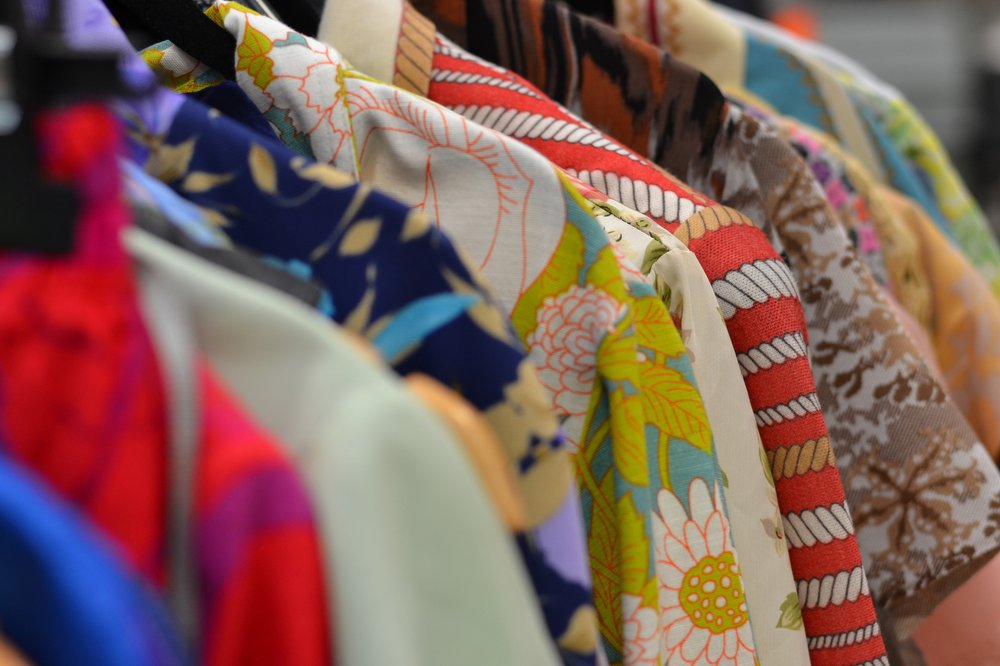
References
More posts like this

Take part in Oxfam's Second Hand September. Shop second hand and donate clothes to Oxfam.
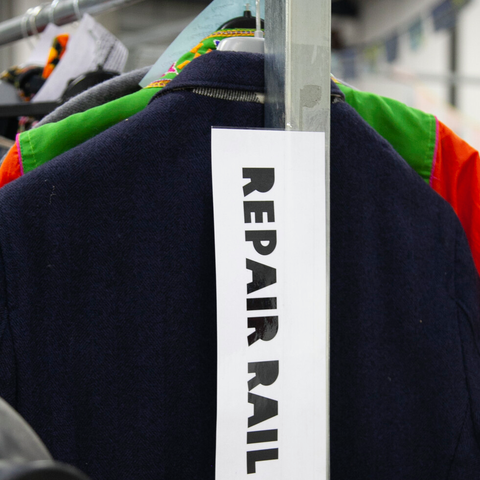
– Find out more about the human and environmental impacts of clothing production.
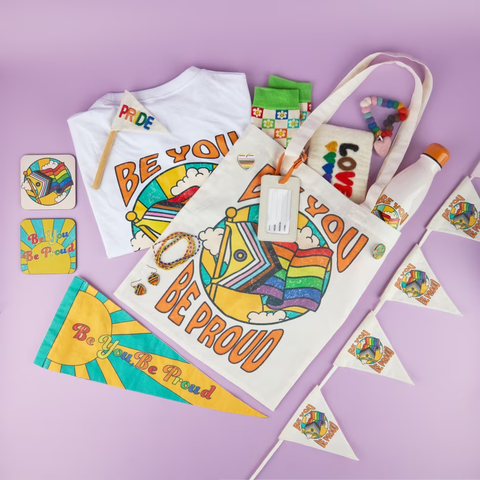
Choose from thousands of quality items: clothes, books, accessories, homeware and more! Free returns.
